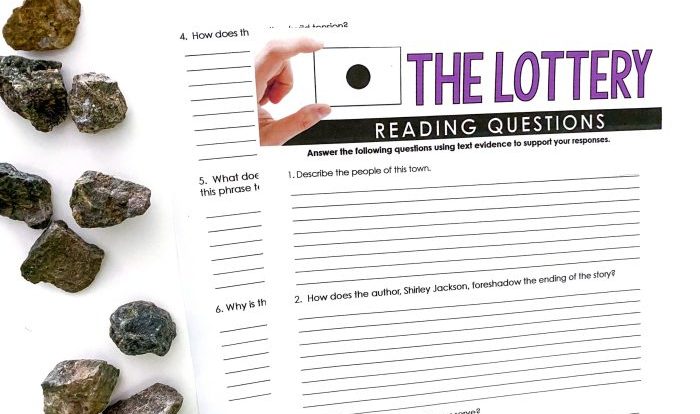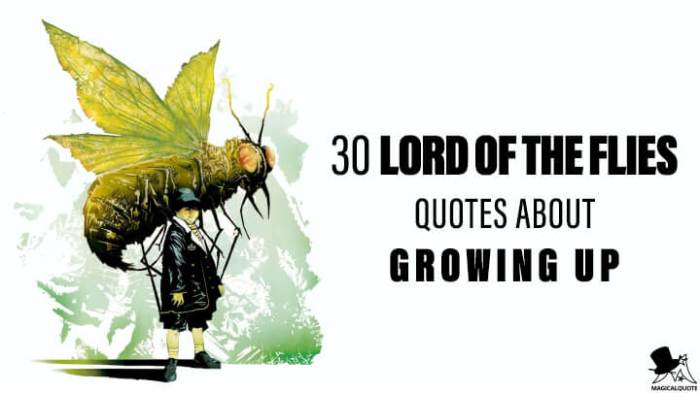The sexton stood in the porch, a solitary figure amidst the bustling churchyard. His presence, both enigmatic and evocative, invites us to delve into the symbolic and historical significance of this image, uncovering the deeper meanings that lie beneath the surface.
In this exploration, we will examine the physical and atmospheric setting of the porch, the sexton’s appearance and demeanor, and the symbolic interpretations that arise from his position. We will also consider the literary and historical context that informs this scene, shedding light on its broader implications and resonances.
Setting and Atmosphere
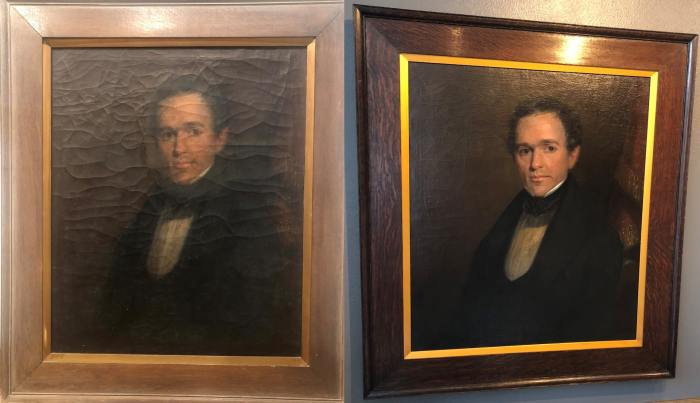
The porch of the old church stood as a solitary sentinel, its weathered wooden frame a testament to the passage of time. The porch’s location, nestled amidst the towering trees of the churchyard, lent it an air of secluded tranquility.
Its appearance, marked by peeling paint and crumbling stone steps, hinted at a rich history. The porch’s open sides allowed the gentle breeze to carry the scent of blooming wildflowers, mingling with the faint sound of birdsong, creating a symphony of nature that enveloped the senses.
Porch’s Physical Features
- Weathered wooden frame
- Nestled amidst towering trees
- Peeling paint and crumbling stone steps
- Open sides
Contribution to Atmosphere
- Solitary sentinel
- Secluded tranquility
- Rich history
- Symphony of nature
Sensory Details, The sexton stood in the porch
- Scent of blooming wildflowers
- Faint sound of birdsong
- Gentle breeze
- Sunlight filtering through the trees
The Sexton’s Appearance and Behavior

The sexton in the scene exudes an air of authority and dignity befitting his role as the gatekeeper of the church. His attire is somber and formal, consisting of a long black coat, a white collar, and a broad-brimmed hat.
His posture is erect, conveying a sense of discipline and respect for his duties. His facial expressions are composed and solemn, reflecting the gravity of his task.
The sexton’s demeanor and actions further reinforce his role in the scene. He stands firmly in the porch, his position symbolizing his authority over the entrance to the church. He greets visitors with a respectful nod, his gestures deliberate and measured.
His presence in the porch suggests that he is a guardian of the church, ensuring that only those who are worthy enter its sacred space.
Clothing
- Long black coat
- White collar
- Broad-brimmed hat
Posture
- Erect
- Disciplined
- Respectful
Facial Expressions
- Composed
- Solemn
- Grave
Position in the Porch
The sexton’s position in the porch is significant as it symbolizes his authority over the entrance to the church. He stands as a guardian, ensuring that only those who are worthy enter its sacred space.
Symbolic Interpretation
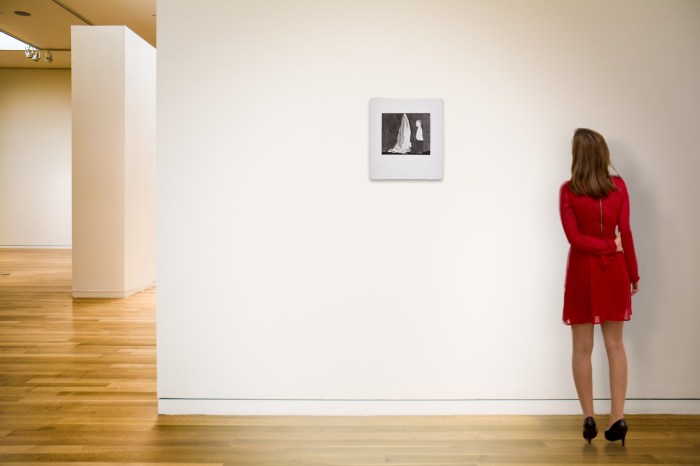
The sexton standing in the porch carries symbolic significance, representing a threshold or boundary between different realms, and embodying the role of a guardian or mediator between the sacred and the secular.
The porch, often associated with transition and liminality, serves as a threshold between the outside world and the sacred space of the church. The sexton’s position in the porch suggests their role as a guardian of this boundary, protecting the sanctity of the church while welcoming those who seek entry.
The Sexton as a Mediator
The sexton’s presence in the porch also symbolizes their role as a mediator between the secular and the sacred. As the one who rings the church bell, they announce the time for worship and call the community to prayer. This act bridges the gap between the everyday world and the realm of the divine.
The sexton stood in the porch, his eyes scanning the churchyard. The air was heavy with the scent of damp earth and blooming flowers. As he looked around, his gaze fell upon a group of children gathered around a street vendor.
They were drinking gong cha wintermelon milk tea , their faces lit up with delight. The sexton smiled, remembering his own childhood and the simple pleasures that had brought him joy.
Literary and Historical Context: The Sexton Stood In The Porch
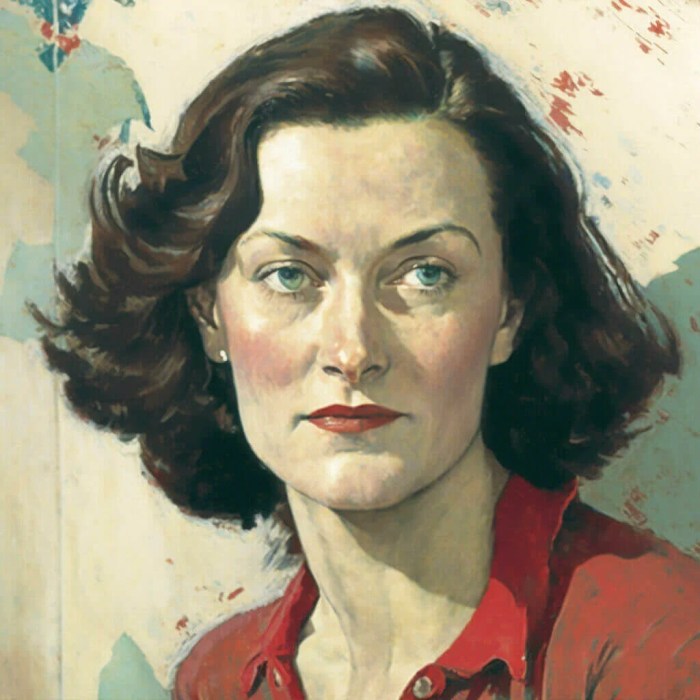
The image of the sexton standing in the porch has significant historical and literary context, reflecting the social and religious beliefs of the time period.
During the medieval period, sextons held a vital role in the community, responsible for maintaining the church and its surroundings, as well as assisting the priest during religious services. Their presence in the porch, a liminal space between the sacred and secular, symbolized their role as guardians of the church’s threshold.
Social and Religious Beliefs
- The sexton’s presence in the porch symbolized the church’s authority and its role as a protector of the community.
- The porch represented a transition zone, where individuals could prepare themselves spiritually and mentally before entering the sacred space of the church.
- The sexton’s duties, such as ringing the bell and opening the door, reinforced the communal and participatory nature of religious rituals.
Significance in the Narrative
- In literary works, the sexton’s presence in the porch often serves to establish the setting and atmosphere of the story.
- Their actions and interactions with other characters can provide insights into the social and religious dynamics of the community.
- The sexton’s role as a guardian and facilitator of religious practices highlights the importance of tradition and continuity within the narrative.
Query Resolution
Who is the sexton?
The sexton is a minor church official responsible for maintaining the church building and churchyard.
What is the significance of the porch?
The porch serves as a liminal space, a threshold between the sacred interior of the church and the secular exterior of the churchyard.
How does the sexton’s appearance and demeanor convey his role?
The sexton’s simple clothing, humble posture, and watchful gaze suggest his role as a guardian and mediator.
